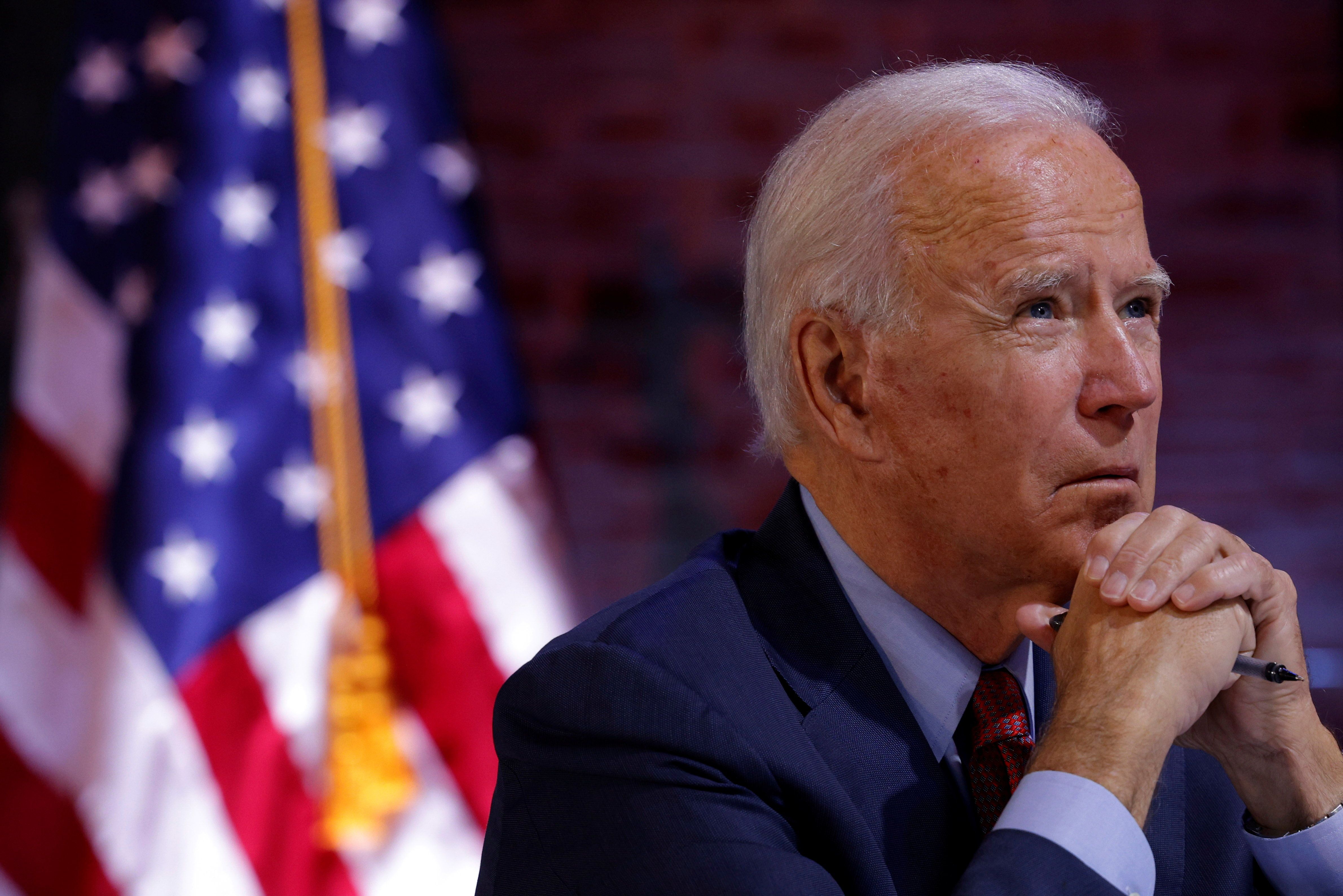It took a while, but the outcome was called over the weekend: Joe Biden will be the 46th president of the United States. Biden will flip Trump's electoral college map from four years ago, and get an even bigger share of the popular vote than Hillary Clinton did in 2016.
The Senate is expected to stay in Republican hands, pending a special election for two runoff seats in Georgia in early January, and Republicans also narrowed the Democratic majority in the House of Representatives by 5. Add to that the 6-3 conservative majority on the Supreme Court, and it's about as divided a US government as could be imagined.
That's the most challenging outcome of all for Biden. If Republicans hold the Senate, his administration won't be able to push through any meaningful political reforms, much less act on issues that many Democrats feel strongly about.
That means no Voter Rights Act, no redo of the Census, obviously no ending the filibuster, no statehood for Washington D.C. or Puerto Rico states, and no packing the Supreme Court. Some appointments may need to be acting posts, while others will go to centrists. Biden's broader social democratic policy agenda — increasing the federal minimum wage, redoing healthcare, or tax increases for the rich – is effectively stillborn.
Most importantly, Biden's ability to pass a $3 trillion stimulus plan for the pandemic has now evaporated. The best he can hope for is a limited stimulus focusing on support for businesses and extended unemployment which faces an uncertain future in the lame-duck session.
Without support in Congress, Biden's domestic agenda will be (again) rule by executive order. Stay tuned for broad regulation on the environment and big business, an opening on immigration, and greater restrictions on fracking and fossil fuels.
What about foreign policy? Here, Biden can make quick decisions that are the international equivalent of executive orders. The US will return to the Paris Climate Accord, remain in the World Health Organization, and join the COVAX facility on vaccine development and distribution, to name a few. Biden probably won't reenter the Trans-Pacific Partnership trade agreement, but he will re-engage with Iran on the 2015 nuclear deal (which will prove harder than the incoming administration expects).
Meanwhile, back at home again, political divisions in the US are likely to continue to deepen under the Biden administration. Not because President Biden himself will stoke them, but rather because his honeymoon period will likely be very, very short.
Yes, tens of millions of voters emotionally exhausted by four years of Trump will initially welcome Biden's (deliberately) more boring administration. But things will sour quickly.
Progressive Democrats who turned out in large numbers to support Biden will feel left behind when he steers clear of defunding the police, supporting the Green New Deal, or breaking up Big Tech. That will lead to open warfare between progressives and the centrist party leadership of House Speaker Nancy Pelosi and Senate Minority Leader Chuck Schumer. The 2022 midterms are going to be a doozy for the Democrats: with a crop of progressive challengers representing a much younger base taking on centrist Democrats.
Republicans too are facing some internal tensions. Trump will remain the dominant force in the party, with his base deeply angry about having the presidency "stolen." This will force moderate Republicans, like Lindsey Graham who won his Senate race handily, to choose between backing the conspiracy theory narrative, or risk losing to a wave of populists who embrace grievance politics. That's becoming an easier decision for many to make — they are falling in line behind Trump, fueling the flames of delegitimization around the election. That's bad for institutions broadly.
On the upside, Biden might get wind in his sails given the economic cycle and near-term successes with coronavirus. With vaccines coming online and the national economy getting back to normal, 2022 could be a good midterm for Democrats.
But if I had to bet, I'd say the US political system is set to become more divided under the Biden administration, not less. That may not the America that millions of people voted for last week, but it's the America they'll get.
On a personal note, I want to say I appreciate how emotionally fraught the last week has been for so many of us. From jubilant to vindictive, from withdrawn to incensed, I've heard the gamut. And I know that right now messages of hope and unity are the last thing many people want to hear. But I think there's a real opportunity to take a little of the heat out of the political debate, to make people feel a little less crazy about politics that have seemed all-encompassing for years now.
At the very least, I feel a personal responsibility to try to be a part of that. Those of you that follow me in various public settings have probably seen some of it. If you feel like reaching out and have any thoughts/suggestions around this, feel free to holler here.
- The Democrats run Washington – so what are they scared of? - GZERO Media ›
- The Democrats run Washington – so what are they scared of? - GZERO Media ›
- The Democrats run Washington – so what are they scared of? - GZERO Media ›
- Rittenhouse verdict: The justice system is broken. Juries still work. - GZERO Media ›
More For You
Most Popular
In this "ask ian," Ian Bremmer analyzes Trump’s recent meeting with Zelensky and how close (or far) Russia and Ukraine are from a peace deal.
Syrian President Ahmed al-Sharaa attends the military parade of the Syrian army in Umayyad Square in central Damascus to mark the one-year anniversary of the fall of the Assad regime, on Dec. 8, 2025.
A year ago this month, Syria’s brutal dictatorship collapsed. There are signs of recovery, but sectarian violence threatens to undermine the optimism.
